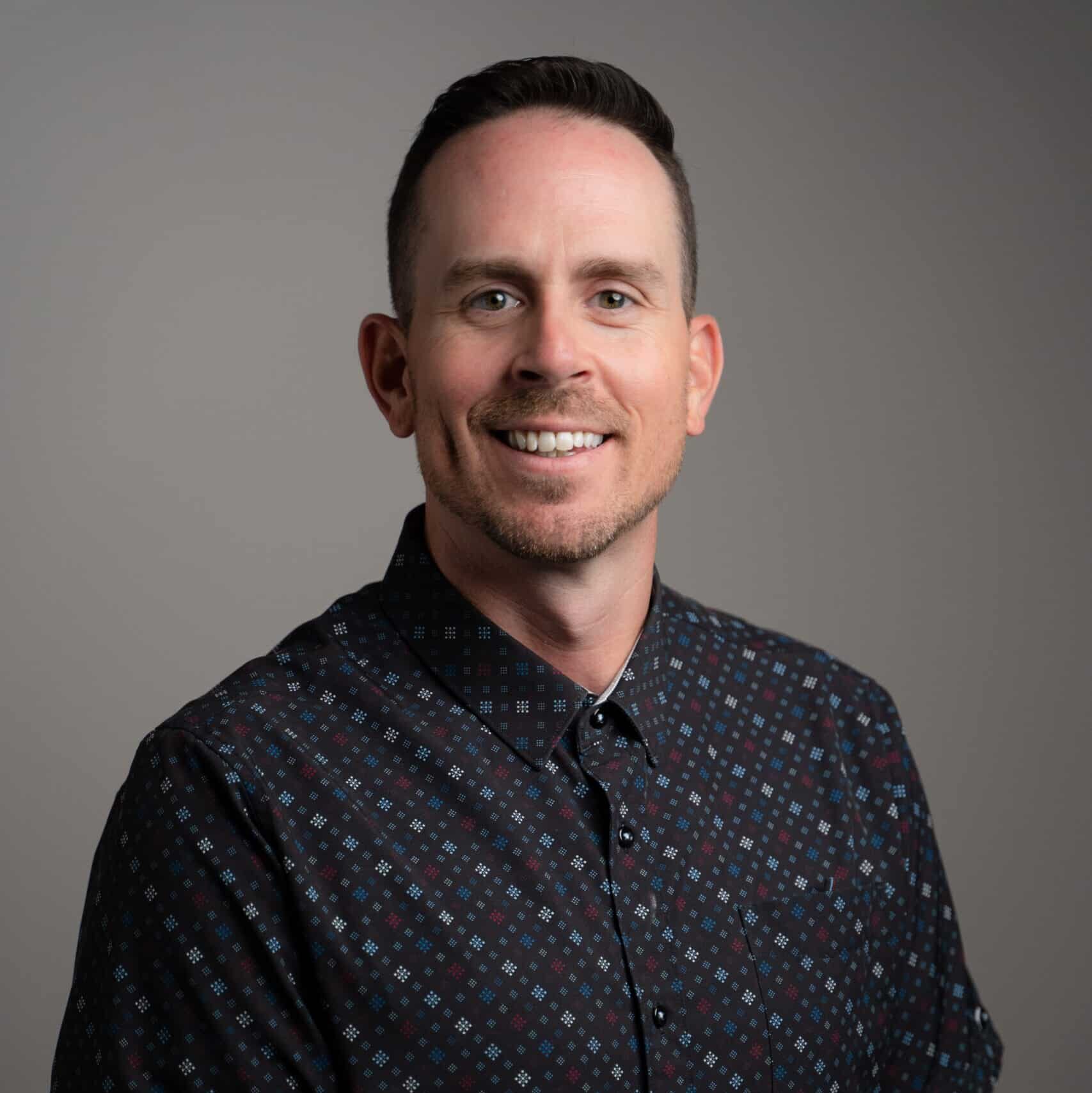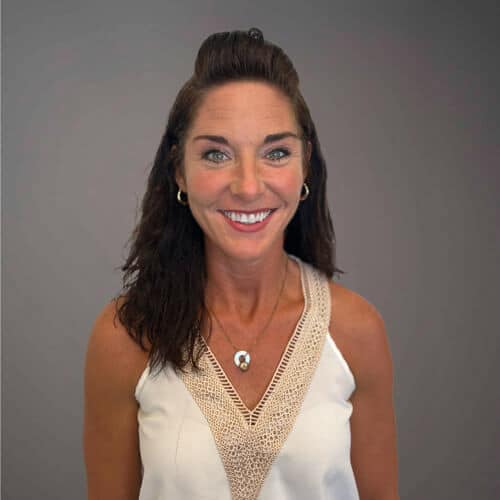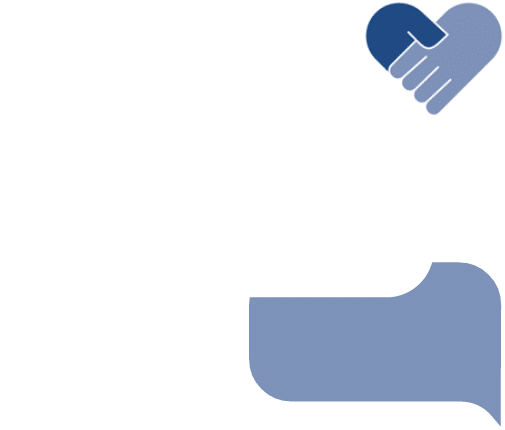Intervention Services for Addiction and Mental Health in New Mexico for Families and Their Loved Ones
Our S.A.F.E.® (Self Awareness Family Education™) Addiction and Mental Health Disorder Intervention Services in New Mexico Help Families Help Their Loved One Before They Hit Bottom and Ask for Help
The most common intervention services we provide in New Mexico are for those who are experiencing mental health disorders and addictions to Crystal Meth, Opioids such as Fentanyl, and Alcohol. Although we intervene on all substance users, regardless of drug of choice, and people with mental health and process addictions, these drugs are the most common. Families of loved ones in need of help often mistake mental health disorders for alcohol or drug-induced psychosis that occurs as the result of alcohol and drug addiction. We are not in any way saying there is no mental health concern. What we are saying is it is the clinical protocol to assume the behaviors are the result of alcohol or drug use until it can be proven otherwise. This protocol is not our opinion; it is textbook guidance for all clinicians, psychiatrists, and addiction and mental health professionals. Many times, the loved one is self-medicating mental health symptoms with drugs or alcohol, greatly exacerbating the symptoms. Equally as many times, alcohol and drug use is causing mental health disorder symptoms that subside with continued treatment.
Regardless of the diagnosis, families in New Mexico or elsewhere in the country do not have to wait for their loved one to ask for help or hit bottom. Families often get caught up in the problem before seeking a professional to address it. Many times, the family tries to go about correcting things without a professional. Families often prefer to wait to get their loved one’s help to determine if it is addiction or mental health before acting. The holding pattern occurs even when the behaviors of the loved one and the protocol to move them into treatment are very similar, regardless of the diagnosis. You don’t have to wait to determine if the chicken or the egg came first. The most common reason families choose this path is because it is easier to psychologically justify enabling a mental health disorder than it is an addiction to drugs or alcohol. Most would prefer for the diagnosis to be mental health as it is more digestible and allows for enabling and codependency. Of the four hundred-plus interventions we do per year where the family said it was mental health only, only one or two turn out that way. Regardless of those facts, you’re reading this because of the behaviors, not the diagnosis. Please allow us to come and help you bring them to a dual diagnosis treatment center so the addiction and mental health professionals there can take care of the rest. Afterward, you and your family can join our S.A.F.E.® Family Recovery Coaching program so you may continue to grow and heal. At the same time your loved one is in treatment, we will collaborate with the center, your loved one, and your family.
How our S.A.F.E.® Addiction and Mental Health Intervention Services in New Mexico Work
Family First Intervention is listening to and preparing strategies and possible solutions for your situation from your first call to our office. Once we have passed the hurdle of your family getting on the same page, we start preparing for the intervention. From the assessment to the logistics to the recommended treatment plan, we are doing everything possible to increase the likelihood of a successful outcome for your family and your loved one. Upon arrival in New Mexico, we will sit down with your family and begin the family preparation. One of the many things that makes our addiction and mental health intervention services different is the manual that we use as a guide. The manual will guide you through the family day and be used for your recovery in our S.A.F.E.® Family Recovery Coaching after the intervention. Your family can join this curriculum via video conference, whether they reside in New Mexico or not. Once the family day preparation is complete, we perform a face-to-face intervention with your interventionist, family, and loved one the following day. The outcome of the intervention can have two results. These results will either be acceptance of help and transportation by our interventionist to treatment or refusal of help. Regardless of the outcome, your family will immediately move into our recovery program for continued education, support, guidance, and growth.
In our S.A.F.E.® Family Recovery Coaching, you will meet with our family intervention counselors once a week and access various support groups throughout the week. We meet with your loved one’s treatment team once a week, too. In doing so, we can address any discrepancies between what you are hearing from your loved one and what they are telling the staff at the facility. We are available should your loved one try to abruptly exit treatment against clinical, medical, or staff advice. We would prefer this never to happen, and it does happen, and you will need to know that you have a team that is ready to help and capable of helping. If you hire a solo interventionist, chances are excellent they will not have the resources or the availability to handle this. As part of our curriculum, there is also the part nobody ever wants to have happen, and that is what to do if your loved one refuses help; we have a department and protocol for that. Regardless of the outcome, we can help support you, your family, and your loved one.
An intervention is not about how to control your loved one with a substance use or mental health disorder; it is about learning how to let go of believing you can.
What You Should Be Considering When Choosing an Addiction and Mental Health Interventionist
Somewhere along the way, interventions have been thought to be an aggressive confrontation with the one using alcohol or drugs or who is suffering from mental health problems. Interventions are not this at all. They are the opposite. An intervention is a set of clinical and evidence-based strategies used by clinicians and addiction and mental health professionals to address a problem or behavior and meet a goal for correcting the problem or behavior. At no time is a clinician, psychiatrist, therapist, counselor, therapist, or interventionist supposed to learn that an intervention is a speech to inspire someone to go and seek help. If that is all you are looking for, your local Alcoholics and Narcotics Anonymous meeting hall will have members there who will do that for free.
Most interventionists only focus on talking your loved one into treatment and offer little support after the intervention is over. It is rare for interventionists to have a support staff or a company, as the majority operate alone. This is fine if you only want someone to give your loved one a speech, and it is not OK if you want things to change and increase the likelihood of success for your family and loved ones. Interventions require more than someone talking someone into treatment and inspiring change. The conversation between the interventionist and your loved one is undoubtedly part of an intervention and an important part. The resources required before and after far exceed the amount needed during the intervention, yet families are most fearful of the easiest part. At Family First Intervention, we do two things, and we do them well: interventions and family support. If your loved one in New Mexico is experiencing addiction or mental health struggles and your family is at their bottom, we can help.
“The most formidable challenge we professionals face is families not accepting our suggested solutions. Rather, they only hear us challenging theirs. Interventions are as much about families letting go of old ideas as they are about being open to new ones. Before a family can do something about the problem, they must stop allowing the problem to persist. These same thoughts and principles apply to your loved one in need of help.”
Mike Loverde, MHS, CIP










